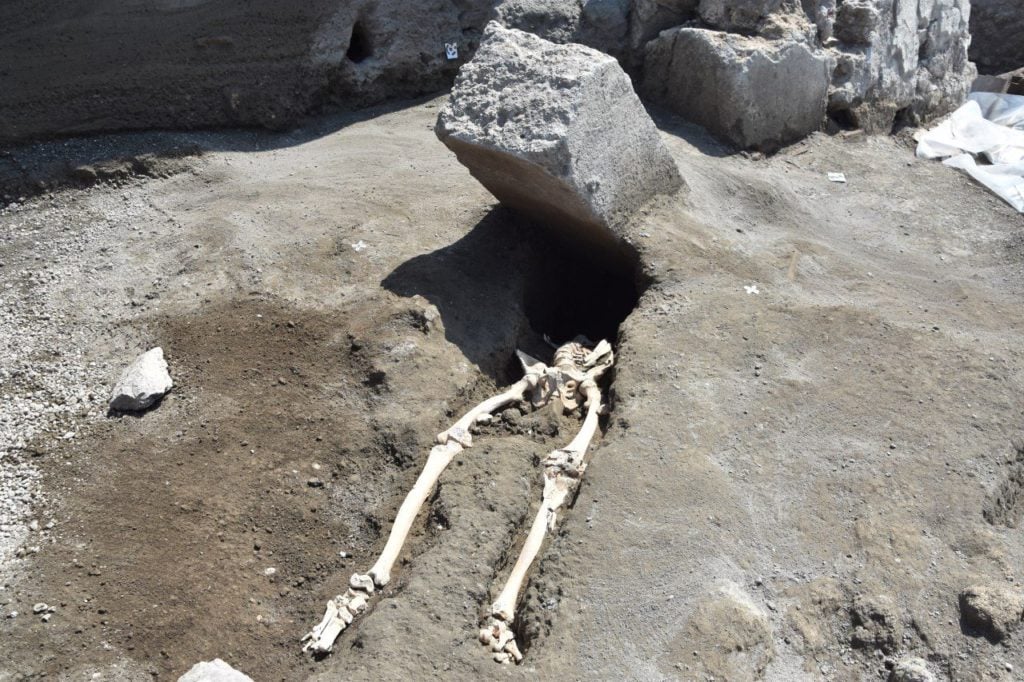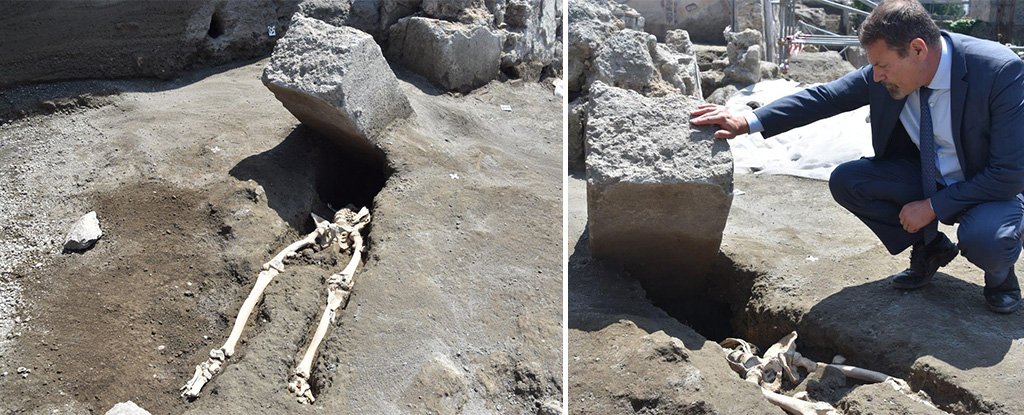Contrary to what most people think, there is not only one certainty in life, namely that we all must die: there is a second one, and that is that, before we die, we must live with the certainty of death.
The way in which we respond to the death of fellow human beings is subject to constant, often (no pun intended) grave judgement. Is it ever acceptable to laugh about someone’s death? Or to guffaw if the encounter is particularly outrageous?
It seems safe to say that there is no general answer to these questions, and individual responses are informed by philosophical and religious considerations and beliefs to such an extent that strong disagreements with one’s own firmly held views invariably result in heated arguments.
(For the record: if my death is outrageous, feel free to laugh away – I won’t mind, I won’t come to haunt you, and I’ll probably laugh at it myself if I still can. But that’s my problem, and I won’t bother you with that any further.)
Our shared conscience was put to the test recently when, following new excavations in Pompeii, a particularly remarkable find came to light (image source here):

The Superintendency at Pompeii was quick to circulate pictures that showed the profound respect that Prof. Massimo Osanna, the current superintendent had in the face of such human tragedy (see here for a short clip in Italian).

Unsurprisingly, responses on social media were not so kind and respectful.
There is no need to repeat any of the jokes, memes, and collages that were rapidly produced: they covered the full spectrum from the stupid to the tasteless to the moderately amusing (you may not share my view, of course).
In response to this, rather human, reaction – laughing in the face of death, not least as an expression of helplessness – Ellen Finn, a doctoral researcher in Classics at Trinity College Dublin, wrote a piece for The Conversation, in which she contextualises this response with similar recent incidents and then reminds us that Pompeii should teach us to celebrate people’s lives rather than to mock their death.
To my mind, these two are not exclusive options, though I fully respect different views on the matter. We all need to come to terms with our (and everyone’s) mortality, and we all do so in different ways: accepting that would also be a form of celebrating people’s lives, but – again – not everyone may agree with that. Which is fine.
What Ellen Finn’s piece made me wonder, however, was the following: how did the Pompeians themselves talk about death and mortality? Did they address it in their graffiti at all? (I will disregard other types of inscriptions, as they tend to be more ‘official’ and restrained, and they thus give a redacted picture.)
Yes, they did, a quick search in the Manfred Clauss database revealed.
Unsurprisingly, considering the central role of the theme at hand in our shared human condition, ‘they’ were just like ‘us’, for they, too, knew that death was out there to end our existence (CIL IV 5112 = CLE 1491):
Discite dum vivo mors | inimica venis
Learn this: while I live, you, death, come as a fiend.
Apart from those who loosely talk about death as a response to unrequited or otherwise painful love (CIL IV 1837 = CLE 949, IV 9054a), general notices of death (CIL IV 4777, IV 9132, IV 10032b), and what appears to be someone wishing death onto a fellow human being (CIL IV 8910), some talk about their pain and devastation (CIL IV 2258a):
Africanus moritur | scribet (!) puer Rusticus | condisce(n?)s cui dolet pro Africano
The translation is not altogether straightforward in all places, but one could translate as follows:
Africanus dies. The boy Rusticus writes this. As you learn of this, who is in agony over Africanus?
Or this one (CIL IV 8605):
Anus | vita(e) m|eminit | Scio | Aquiti | mortis | t[a]e|duisti
An old lady recalls her life. I know: you were deeply vexed by Aquitius’ death.
Other pieces are rather more open to debate, such as this one (CIL IV 3129):
Cadaver mortu(u)s
(a) dead body
and (CIL IV 7355):
Sporus (h)om|o mortu(u)s
Sporus (is) a dead man.
The most remarkable pieces perhaps, are two instances of the same text that draw on the notion of death as something that permanently renders its victims meaningless (CIL IV 5279 and 5282; the text is identical):
Tu mortu(u)s es | tu nugas es
You’re dead, you’re a joke.
While this seems to, but does not, describe the current predicament of Pompeii’s most recently discovered victim, it certainly reveals an attitude towards death (though in this case figuratively speaking rather than literally) as something that potentially also engenders ridicule, abuse, and meaninglessness at Pompeii.
In other words: the notion that, when confronted with death, disrespect was also an option, existed at Pompeii just as much as it exists in our own society today. This does not mean that the poor sod with the rock on his skull necessarily shared this view – but it is highly unlikely that this notion was alien to them.
And why should one care about death, as the following, final piece rather pointedly asks (CIL IV 8832):
Qui meminit vitae scit quot (!) morti s[it habendum]
He who recalls life knows what to make of death.
[Update, 28 June: media today report that earlier assumptions on how the individual from Pompeii, hit by the door jamb, died were incorrect: apparently the man suffocated. Read more here.]



A tragic ending. I’m a writer of forensic mysteries whose heroine is a forensic facial reconstruction artist. Since I’ve had hands on training and have technical support from US/UK leaders in the field, I can’t separate the living and the dead so easily as to make disparaging remarks. Putting a face to a skull gives that individual “new life,” makes them real to people today. I can only hope the ancient Roman’s death was instantaneous.
LikeLike
There’s been an update today on the way in which the person died:
http://www.ansa.it/english/news/lifestyle/arts/2018/06/28/head-of-pompeiis-last-fugitive-found-3_b367520f-d7a2-4091-acdb-58f52eef410b.html
LikeLike